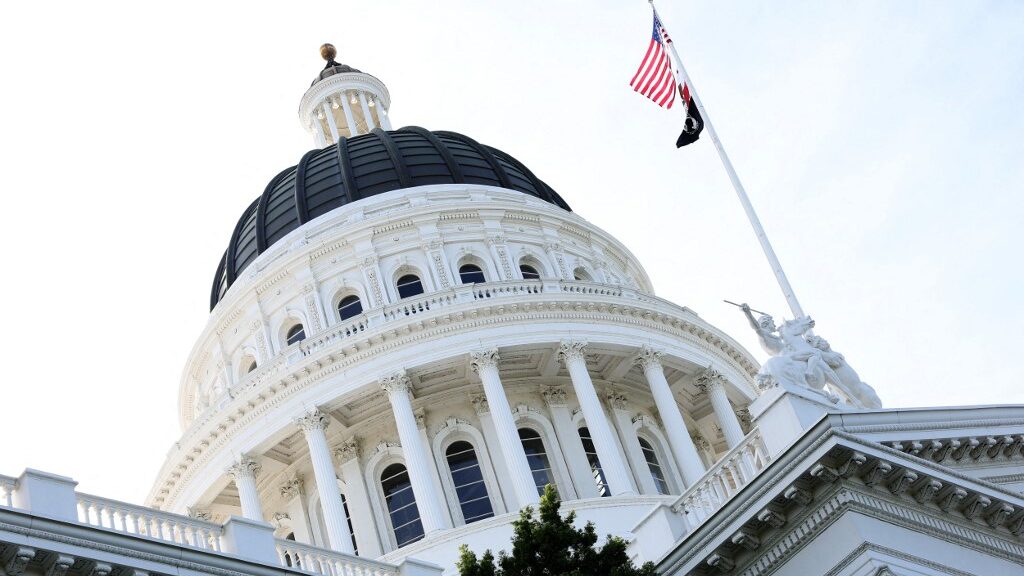
It didn’t take long for legislators to decide if the California cardroom debate should be settled in court.
At the close of the legislative session, the California legislature approved a measure granting California tribes a one-time opportunity to sue cardrooms. The Senate passed SB549, the Tribal Nations Access to Justice Act, with a 32-2 vote on Saturday, following the Assembly’s unanimous 62-0 approval just days earlier.
The California Nations Indian Gaming Association (CNIGA) has hailed the passage of SB549 as a significant win for the state’s tribal nations. In a statement, CNIGA Chairman James Siva said that California tribes have spent more than a decade working to protect their exclusive gaming rights enshrined in the state constitution.
The bill provides tribes with the legal avenues that have long been denied to them, addressing both this specific issue and broader historical injustices.
The top sportsbooks are closely monitoring the outcome of this legal battle, as the resolution could reshape California’s gaming landscape, potentially impacting where and how bettors can place their wagers.
What Does SB549 Provide California Tribes?
If Governor Gavin Newsom signs the bill, tribes can file a single lawsuit against all California cardrooms and third-party gaming services for how they offer games like blackjack and baccarat.
The Tribal Access to Justice Act:
- Allows tribes to consolidate lawsuits into one case in the Superior Court of California, County of Sacramento.
- Requires actions to be filed by April 1, 2025.
- Orders the court to review the case de novo, without considering previous legal conclusions.
- Prohibits claims for monetary damages, penalties, or attorney’s fees.
- Does not hold the state liable.
- Prevents actions against cardrooms until after a final judgment.
What Is at the Center of the Debate?
California Indian tribes have been looking for a way to protect their exclusive rights to certain types of gaming from cardrooms they believe are offering similar games illegally.
As sovereign entities, tribes are not subject to the jurisdiction of state courts, meaning they cannot typically initiate or defend lawsuits in these courts. But SB549 will give them their one shot.
California’s cardrooms run these types of games, but state law only allows house-banked card games at tribal casinos. Cardrooms can offer these games if players take turns being the bank. In 2007, cardrooms started hiring third-party providers (TPPs) to act as the bank.
“This legislation is about doing right by California’s Indian tribes, to whom Californians made a binding commitment in 2000 by passing a proposition which explicitly gives them an exclusive right to certain games in recognition of the historical harms to which they were subject,” Sen. Josh Newman, the bill’s author, said in the statement.
Cardrooms Say Stopping the Practice Will Cause Financial Ruins
Newman also said that this bill does not presume to resolve this longstanding dispute directly, it just allows the courts to decide if cardrooms are infringing on the tribes’ exclusive right to offer these games.
Cardrooms argue that banning these games could drive them to bankruptcy, prompting them to spend millions in opposition. Recently, protests, speeches, and lobbying efforts took place in Sacramento as the bill advanced through the legislature.
As reported on Tuesday: Statewide and local labor unions, including AFSCME California, California Professional Firefighters, SEIU California, and Teamsters Local 630, have joined cities and cardroom employees in urging the state legislature to vote against SB 549. They want to protect public sector jobs and prevent the bill’s potentially devastating impacts on employees and cities.
We’ll wait to see what the Governor decides, but experts say Certainly! Here’s a revised version that if the case goes to court, it could take up to four years for it to play out. There’s also a high likelihood it reaches the California Supreme Court.
Throughout the court proceedings, cardroom games will remain operational as usual.











